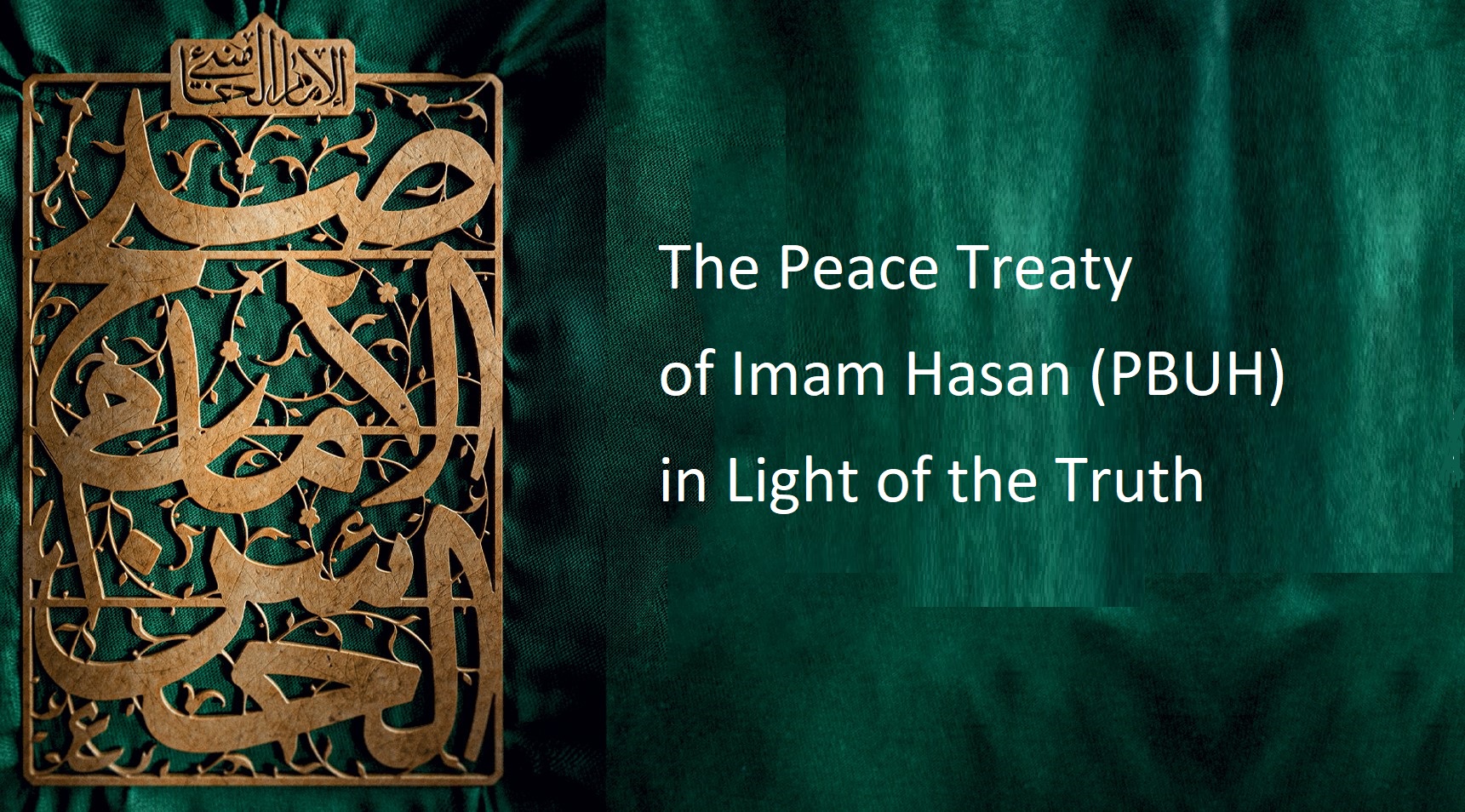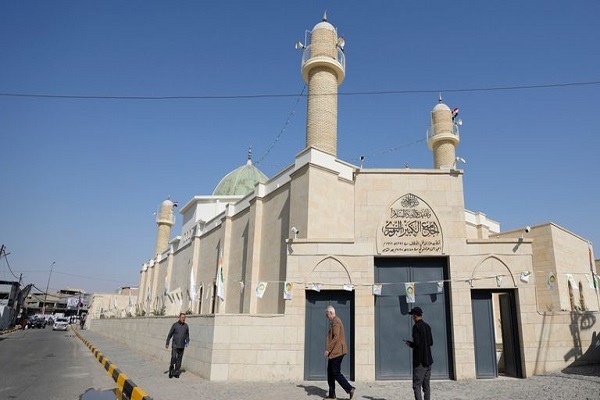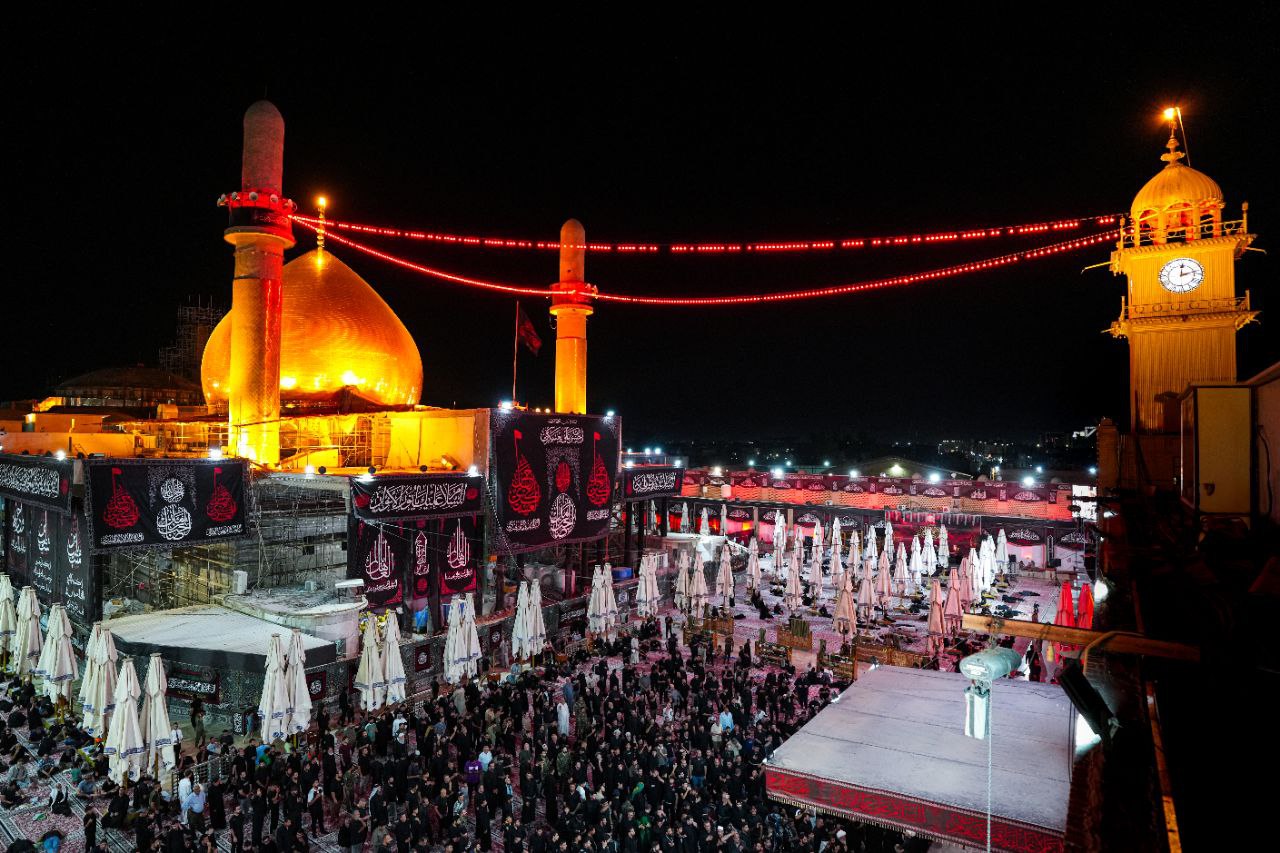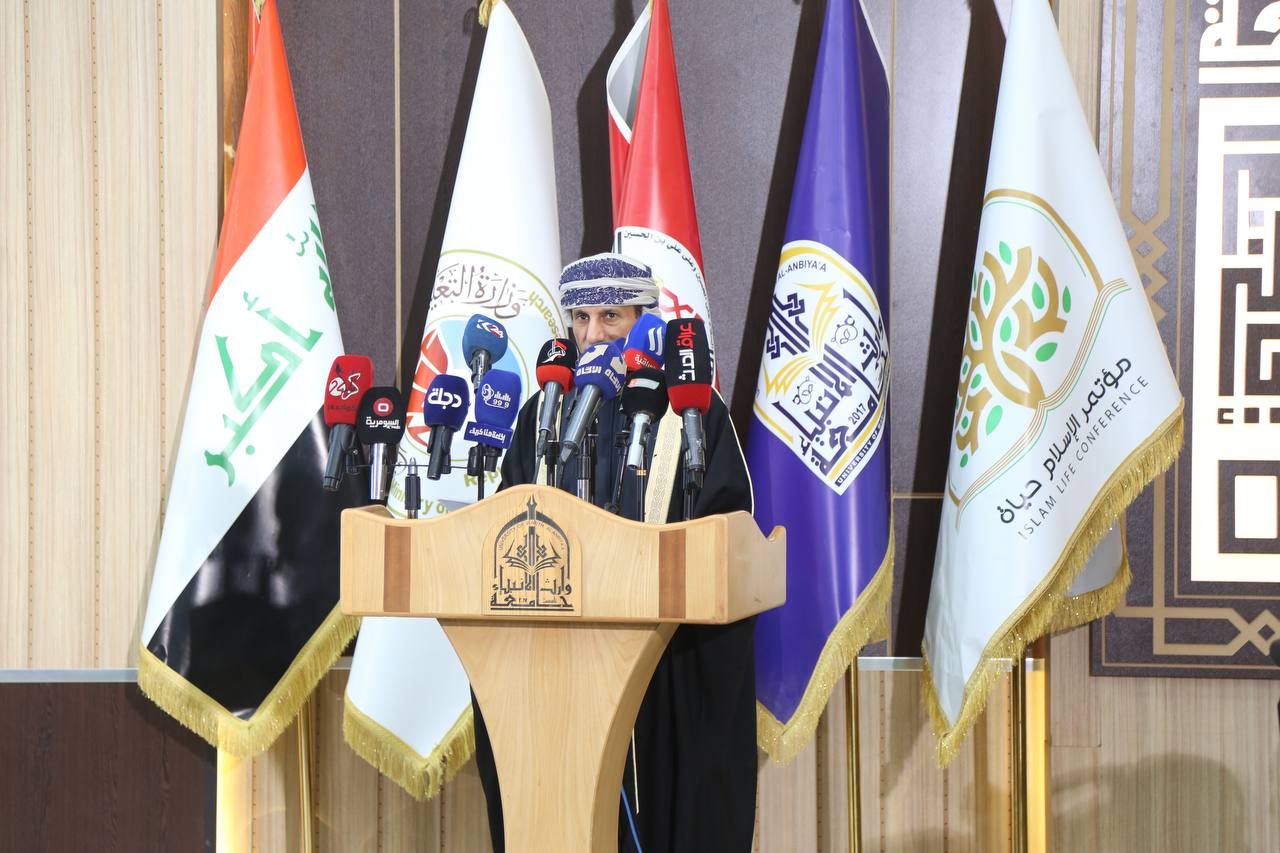The Peace Treaty of Imam Hasan (peace be upon him) in Light of the Truth
Questions are raised from time to time regarding Imam Hasan's (peace be upon him) peace treaty with Muawiyah. Some historians have based their views of this treaty on erroneous personal judgments or limited political analysis.
The important point that must be taken into consideration is that Imam Hasan (peace be upon him) is infallible, as affirmed in the Holy Quran: “Indeed, Allah desires to remove from you impurity, O People of the House, and to purify you with a thorough purification.” Furthermore, the Prophet (peace be upon him) said, “Hasan and Hussain are two Imams, whether they stand or sit.” These statements confirm that the actions and decisions of Imam Hasan are guided by divine wisdom and are free from error.
It is difficult, then, for some to understand how Imam Hasan could have entered into a peace agreement with Muawiyah, a man whom the Messenger of Allah (peace be upon him) had warned about in strong terms. These narrations make it clear that the Imam’s decision was not based on personal preference, favoritism, or political convenience, as some have suggested.
Before delving into the reasons behind the treaty, it is important to recall that Imam Hasan was the son of Ali ibn Abi Talib—the bravest of the Arabs. His lineage and personal courage silenced any claim that his decision came from weakness or hesitation. After the martyrdom of the Commander of the Faithful (peace be upon him), the people of Kufa pledged allegiance to Imam Hasan as the caliph of the Muslims. His first move was to increase the number of fighters by one hundred, a clear indication of his readiness for war. He sent a letter to Muawiyah, warning of conflict and expressing his commitment to continue his father's mission. But events soon took a different turn.
So why did Imam Hasan agree to the peace treaty?
Despite calling for a general mobilization, Imam Hasan (peace be upon him) found that many of the tribes had already been bought by Muawiyah. Their loyalty was sold for a pittance, and they abandoned their principles for worldly gain. When the Imam turned to the remaining groups, he found little or no response.
The situation was worsened by widespread hypocrisy in Kufa. Muawiyah offered money and power to tribal leaders and commanders, convincing them to betray the Imam. One of the most tragic examples was Ubayd Allah ibn Abbas, the commander of Imam Hasan’s army, who defected in exchange for a million dirhams. Muawiyah then launched a propaganda campaign, spreading false rumors that Imam Hasan had already agreed to peace and that his senior commanders had switched sides. This psychological warfare caused panic within the army.
Amid this chaos, the Imam's own tent was attacked, and he was nearly assassinated by members of his own camp. He withdrew from Mada’in to Sabat, and on the way, he was ambushed and struck in the thigh with a pickaxe. Despite these severe trials, Imam Hasan did not rush to accept the treaty. He continued urging the people to stand and fight, but the response was silence. When all doors to meaningful resistance were closed, and the risk of total annihilation of the faithful became clear, he accepted the peace agreement—under duress and for the preservation of the greater good.
Imam Hasan later likened his treaty with Muawiyah to the Treaty of Hudaybiyyah, explaining that had he not taken this step, not one follower of Ahlulbayt would have remained alive. He repeatedly clarified that had he found true supporters, he would never have handed over the leadership to Muawiyah. But he had tested the people of Kufa and found them unreliable and corrupt.
By: Muhammad Taher Al-Safar




